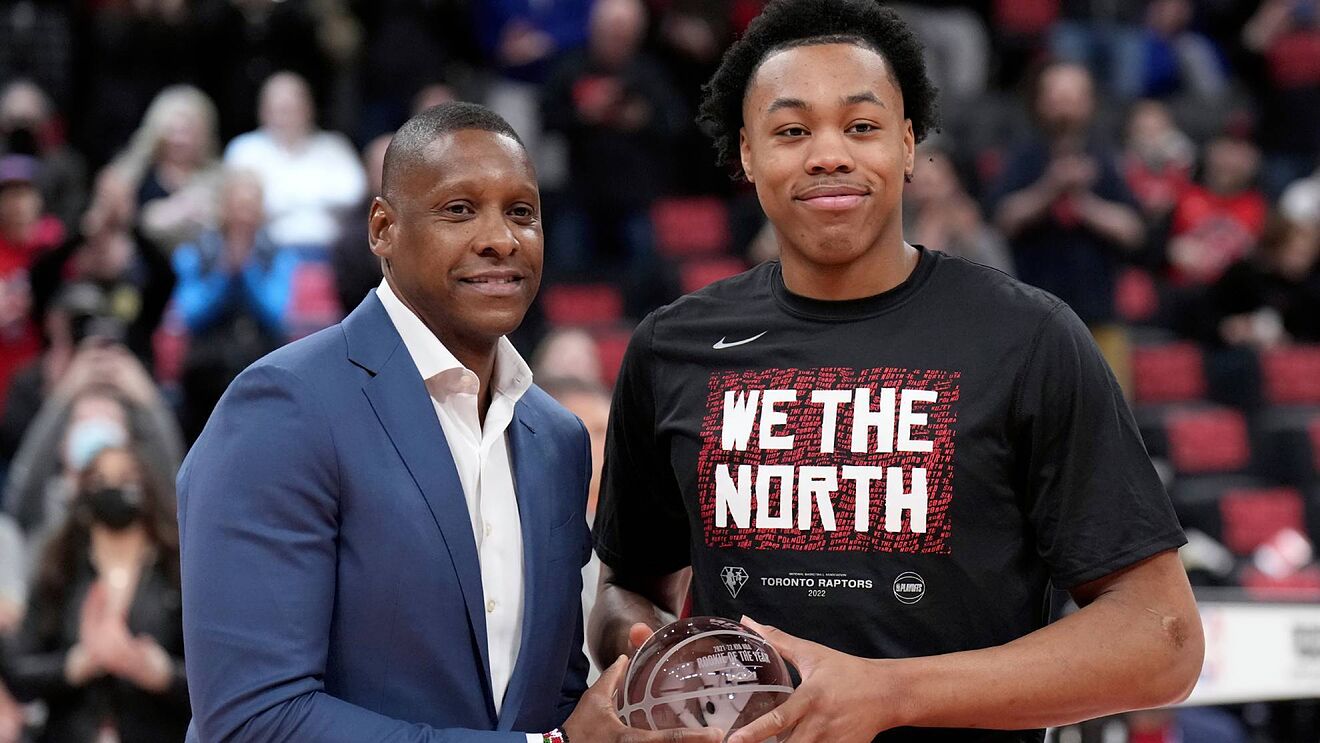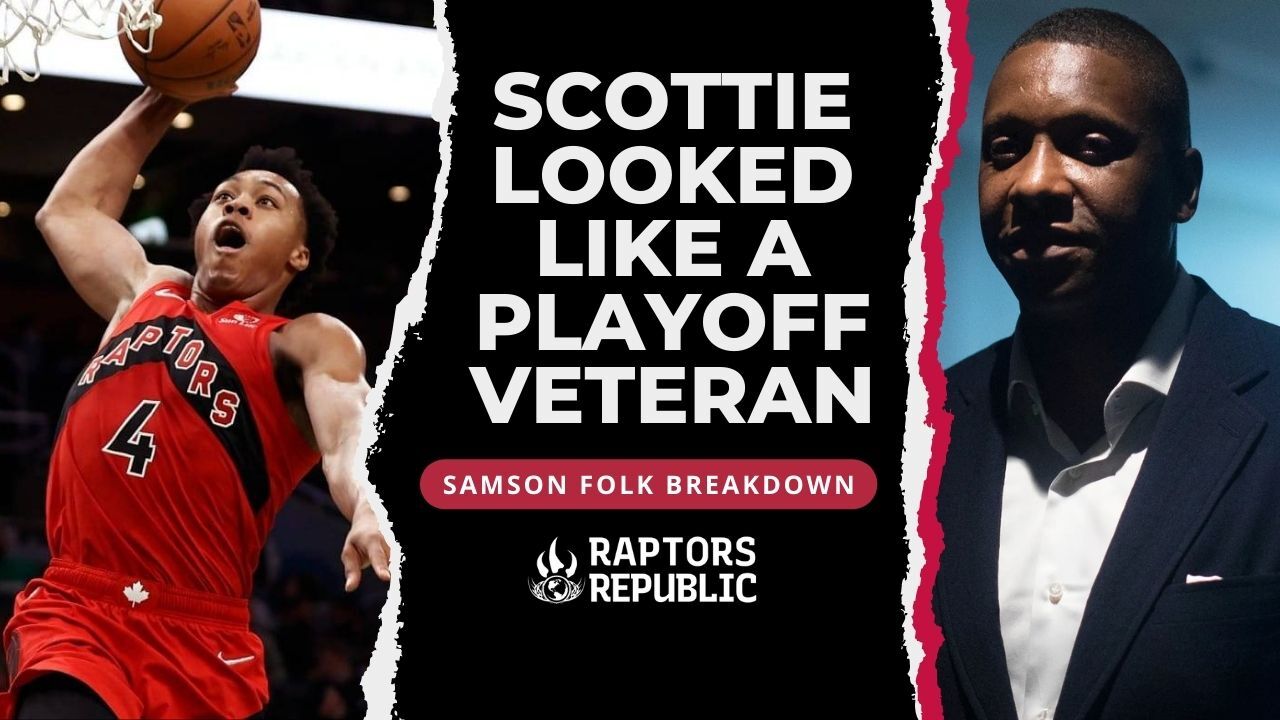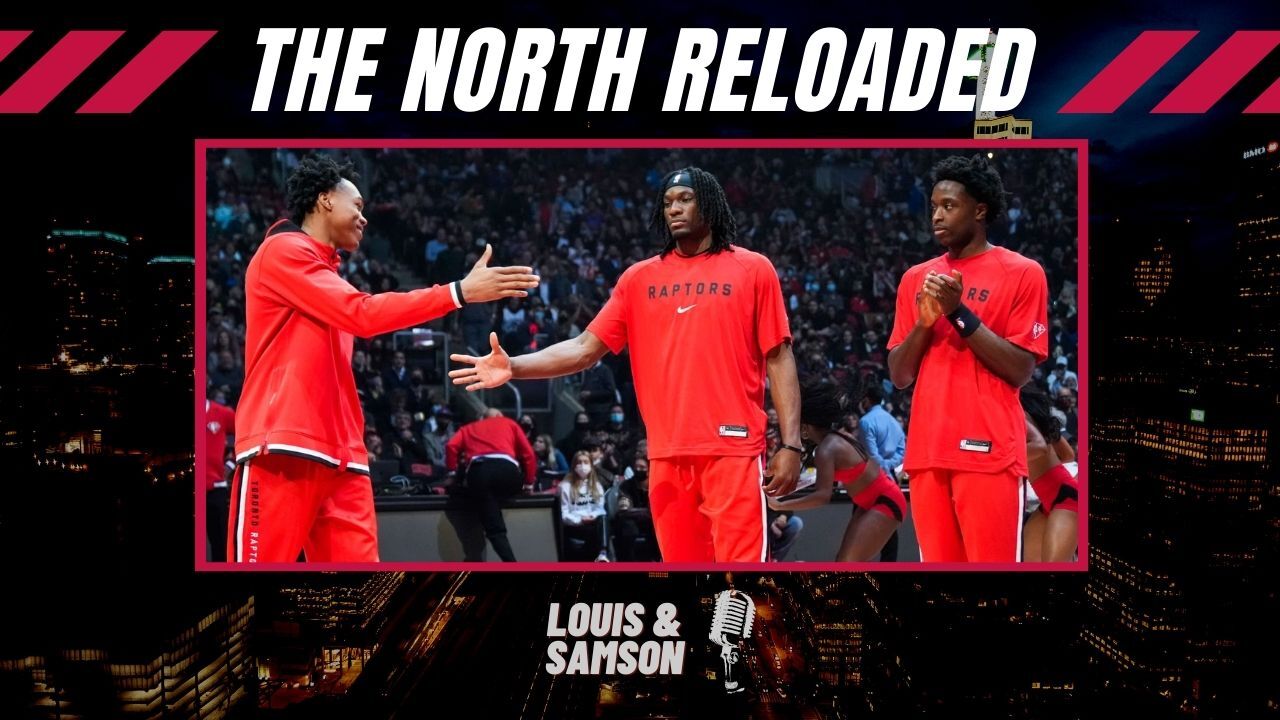Life is an endless and most likely unfulfilled search for purpose. We can choose whatever makes us most comfortable, proudest, or least guilty, but they’re all going to be exactly that — a choice. Nothing inherent. That’s where the unfulfillment comes in — the concept of inherent purpose is so appealing that even when purpose is accomplished, if you made it up yourself, sometimes it doesn’t feel good enough. The NBA in some ways is an inorganic reflection of life, in that the championship represents a natural, inherent purpose towards which every player, coach, trainer, and fan strives. But purpose isn’t exclusive to the elite, and neither can one NBA team fulfill purpose while all the others strive and fail. For many, that striving is itself success. For others *cough, the Oklahoma City Thunder, cough* a lack of striving is a successful purpose. Purpose is found in every crack of air within and between games, every cashed jumper and cashed cheque, and every moment in a marathon season. Teams can’t get enough of it, but because of the looming behemoth of the championship, even achieved purpose can often feel empty.
Which brings us to the Toronto Raptors. What was the purpose of such a bizarre, loveable, and unique season of basketball? As with people, there was not one but many. And though the lure of a championship can dwarf the idea of multiple purposes, it doesn’t make them any less real.
Masai Ujiri spoke before the year about the season’s main purpose being development for the team. It helps of course when the star of the present and the Rookie of the Year star of the future learned to play great basketball together almost immediately. Then their partnership proved prescient under the glaring lights of the playoffs, too. That, probably, is the single most important achievement of the season. But so many more players took steps forward beyond the faces of the franchise. Fred VanVleet may have tailed off dramatically with a major knee injury hindering his mobility and accuracy, but don’t let that take away from the new heights he reached when healthy. He was a legitimate star for long stretches of the season. Precious Achiuwa went from “glitchy player who needs time to settle in” to “wow he’s important for the present, not just the future” to “the Raptors can’t win without him.” Development at that rate, even for a team like the Raptors which has built its name in development, is unheard of. OG Anunoby may not have grown into the star he seemed poised to become, but his versatility remains critical to Toronto’s identity on both sides of the ball.
Even beyond the stars, the development was impressive. Chris Boucher went from struggling (understatement) to completely indispensable (also understatement, somehow). He finished with the team’s third-best on/offs, behind only Pascal Siakam and Fred VanVleet. Gary Trent jr. took tangible steps forward as a defender and creator for teammates. Dalano Banton stepped into a real role for stretches of the season, using his length and pace to shift the texture of the team’s play during brief stints, and he dominated the G League at times. He has growing to do, but he could be a rotation piece in the future.
Every team wants to develop. That’s an unspoken purpose, like happiness or success for the rest of us in our day-to-day lives. But few see it as an end in and of itself. The Raptors may not have won any awards for their work there, but they most certainly can go home at the end of the season with pride in that mission accomplished. In getting to the playoffs, they sharpened the edge of the sword for next season. Youth needs experience. Another, smaller meaning accomplished.
At the same time, there was a secret purpose, hidden and glorious, that slowly crept towards center stage during the season until it was the main character of the whole production. Most teams don’t have hidden goals — this made the Raptors extraordinarily likable. Ujiri had put together a team that would not be able to win in traditional ways: There wasn’t even shooting, ball-handling, passing, or off-the-dribble rim pressure. Or, you know, guards and centers. Nick Nurse molded the motley collection of extraordinarily long, defense-first players into a winning squad, and he did it by betting on an analytical cheat: Teams that have more shooting possessions than their opponents usually win, no matter what else happens.
Call it Length and Strength or Vision 6’9 or whatever else you may prefer, but it crystallized throughout the season. It started as an idea that was more theoretical than practical, but it ended up proving itself over and again. Other teams — the Minnesota Timberwolves and Memphis Grizzlies, for starters — had similar preferences on the court, but the Raptors were the only one to build the team out of wings. No guards, no centers, just vibes and glorious purposes.
For a time, even against one of the most talented basketball players in the world in Joel Embiid, the theory proved functional.
The Raptors didn’t just win basketball games because of their theoretical purpose. They won sometimes as a half-court execution team and sometimes as a defensive juggernaut. Both of those identities will need to coalesce for Toronto to take steps forward in future seasons, but results in those traditional areas were at least promising, if inconsistent. The season proved the secret purpose a worthwhile one. More obvious purposes can come later.
There are and should be questions. The theory worked until, even at times winning the rebounding and the turnover battles against the Sixers, the Raptors just couldn’t punch with a team running on a stronger engine. That, too, has to be taken into account. Is Toronto’s incredible emphasis on the possession game rooted in emphasizing strength or ameliorating weakness? For example, do the Raptors crash the offensive glass with abandon because of the untapped advantages there or because they are kind of hacky shooters? For an analytics-focused team, the Raptors sure moved away from the 3-point line. Do the Raptors force turnovers and play such hectic, manic defense because they don’t have a traditional rim protector who can tilt the identity to a simpler scheme? Separately, can Achiuwa become that?
Those questions need to be addressed by Raptors brass in the offseason, including Nurse and Ujiri. The Raptors have long been a creative team. They need to apply that creativity to a difficult question: Do we need to become more normal? It’s possible that Toronto’s unique and trailblazing approach has a limitation down the road on how much you can win with these strategies. Of course, those are purposes for another time, for other seasons. They’re intertwined with the draft and free agency and all those repeated chances to answer the same question: Will this approach to basketball win a championship? The one purpose subsumes all, burning beneath everything else that happens. There are other purposes, deeper than games. Ujiri truly wants to use basketball as a tool for more. It’s not lip service for him.
But looking back in eulogy, in losing in the playoffs, the Raptors failed to achieve the ultimate purpose. That’s life for so many teams. And in so doing, they missed the once-a-year opportunity to define themselves with the one concrete label that leaves no doubts. That’s a loss, certainly. But it doesn’t make the season purposeless. The Raptors just had to scrounge, day by day, to find whatever meant the most to them and run with it. Which makes them, in a more real way than if they had won a championship, just like the rest of us.



